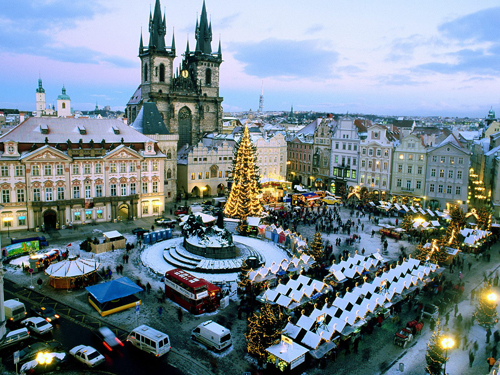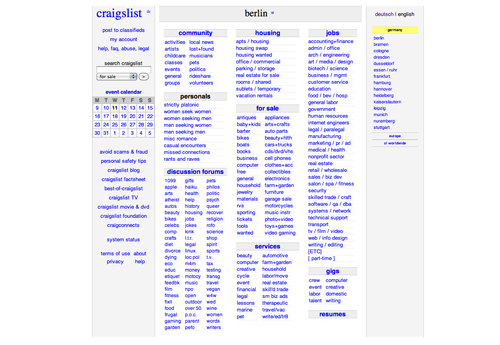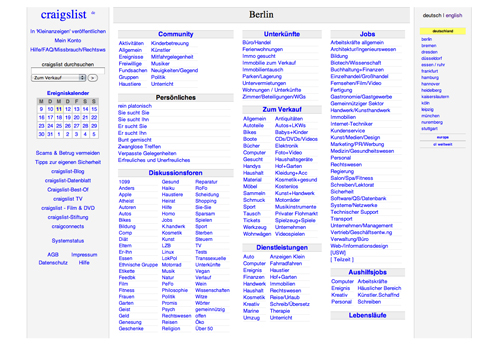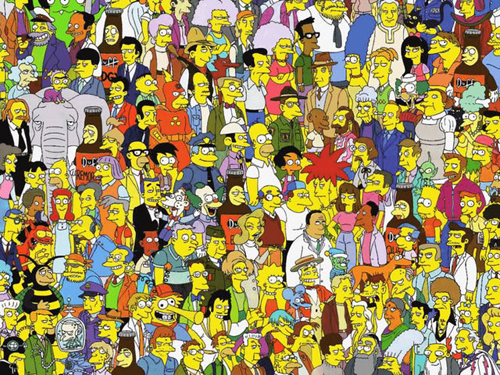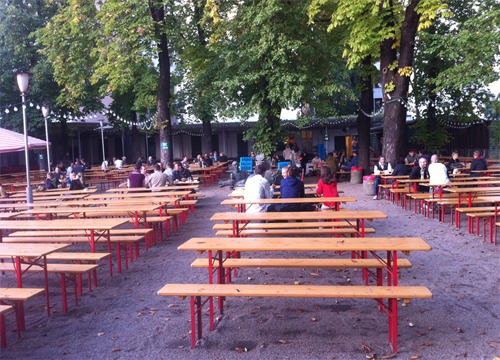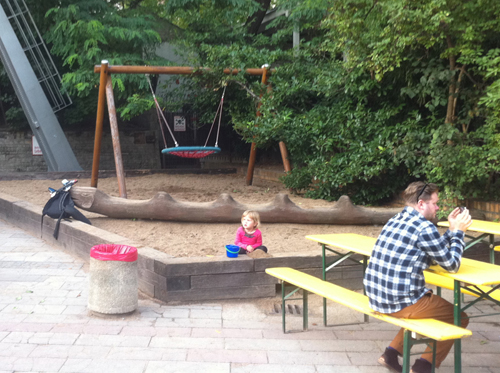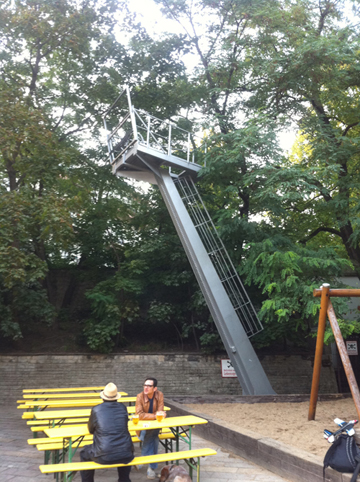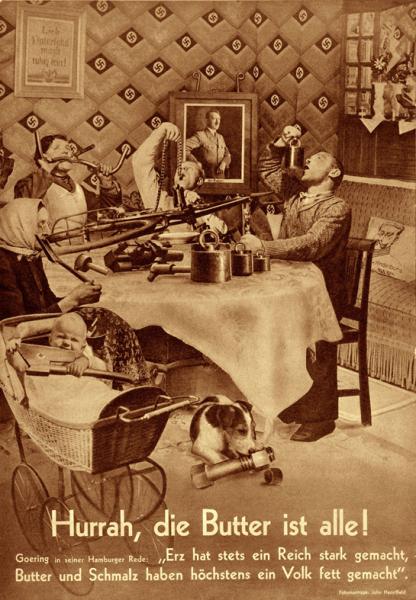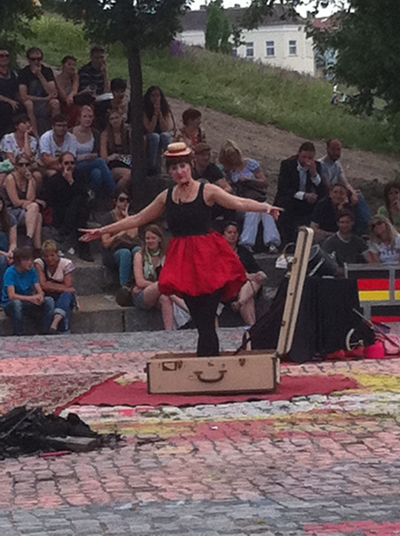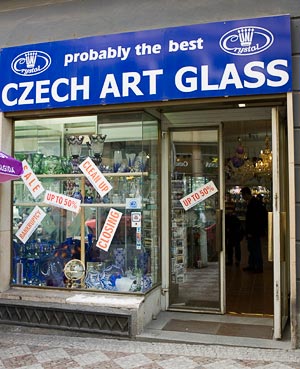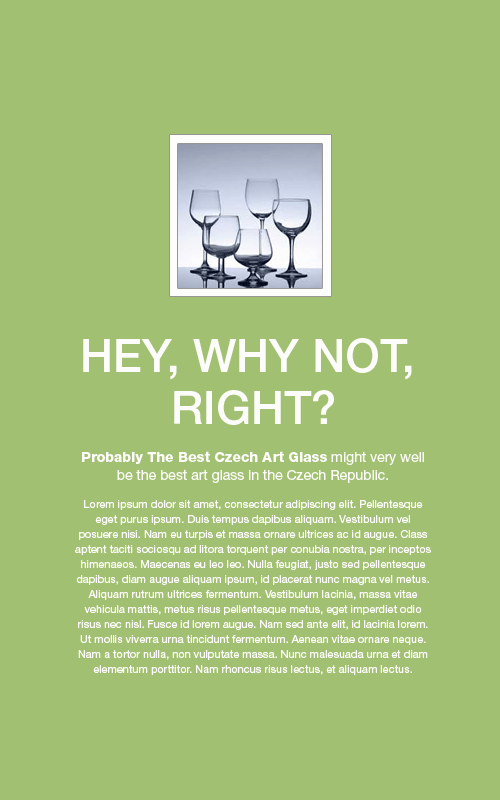Have you agreed to spend Christmas in the Czech Republic next year? Worried about what to wear, or whether it’s in fact a Christian country? Here are answers to frequently asked questions about how the holidays are celebrated by these strange and mysterious people…
When Is Czech Christmas?
December 24th.
And that doesn’t mean that they really celebrate it on the 25th and just open presents on Christmas Eve, like some weirdo families in the U.S. It really means that the 25th is just another ordinary day, the night of the 23rd has special ‘Xmas eve’ status, etc.
Do Czechs believe in Santa Claus?
No. At least, not as the bringer of gifts. In the Czech Republic, presents are delivered by ‘Baby Jesus’ (Ježišek).
Santa is reserved for a lesser holiday called Mikulaš, when adults (read: drunk friends of one’s father) dress up as either Santa or the devil and caper about for the benefit of children.
So how does Baby Jesus make and deliver presents? Does he have a North Pole workshop and team of reindeer?
No. It remains unexplained how exactly the presents get into the house— somehow, they just materialize.
Does Baby Jesus even have a agreed-upon physical form that can be leveraged for Christmas marketing?
Visualizations of Ježišek have begun to pop up in order to combat the increasing infiltration of Santa into Czech culture (this is actually a phenomenon that Czechs perceive and mildly resent). Yet the cartoon representations that I find on the internet are so kitschy, I can’t bring myself to post them.
Is traffic bad during Czech Christmas?
Only if Vaclav freaking Havel decides to die right before the big day and clot up the entire city for his public funeral. Nice timing, hippie.
What about food? What do Czechs like to eat on Christmas?
Carp. Which is weird, given that the fish are generally marginalized in the country’s culinary habits during the rest of the year. This leads to the second-coolest phenomenon associated with the Czech holidays: carpmongers! In the weeks leading up to Christmas, there are guys standing on street corners with bathtubs filled with squirming carp.
What’s the first-coolest phenomenon associated with the Czech holidays?
Readily-available hot wine purchased from street vendors.
Do Czechs hate Christmas?
No, not at all!
What activities can I expect to encounter on Czech Christmas?
Basically, tons of eating and brain-deadening dosages of pohádky (searingly cheesy TV fairytales about princesses and horses and goblins and whatnot).
I’m in the Czech Republic and have friends coming to visit from abroad over the holidays. Are there any ready-made practical jokes I can play on them?
Wait until your friends have bought their tickets and then inform them that the entirety of December is spent celebrating something called ‘The Feast of St. Wenceslas’, during which there is no alcohol sold or consumed whatsoever. Then, pretend to ‘lighten their spirits’ by claiming that, despite this prohibition, the city is tons of fun during this month thanks to all the inspired Christmas pageantry.

